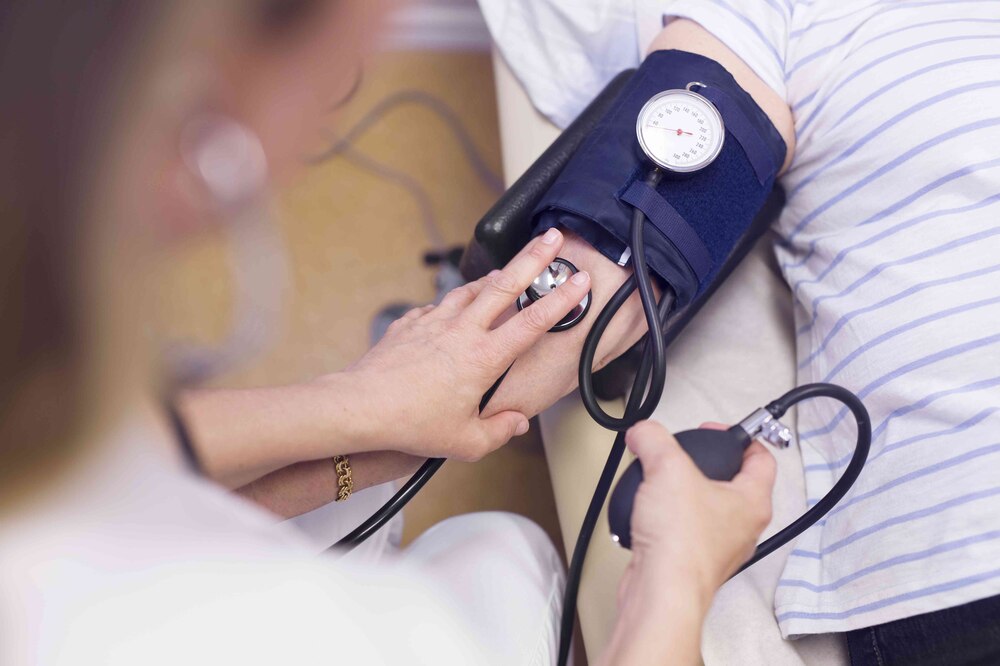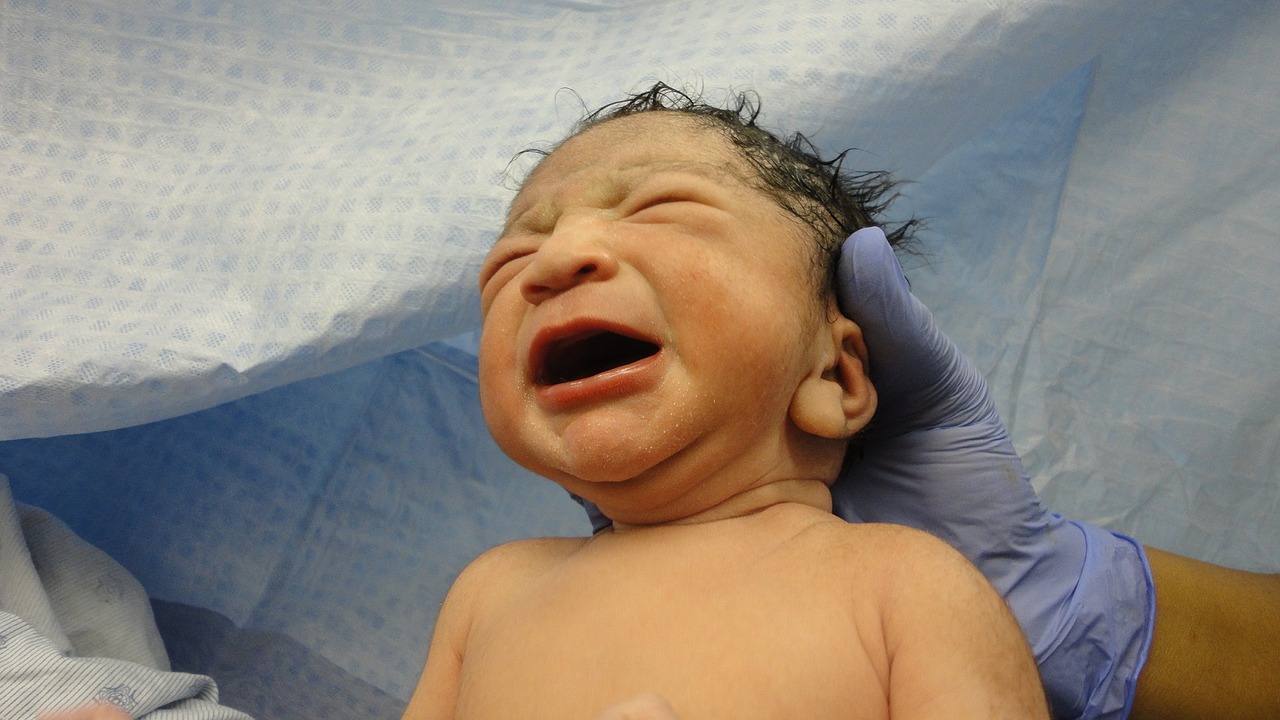
Hypertensive emergency is a serious medical condition associated with an extremely high blood pressure. Usually high blood pressure does not give rise to symptoms. However, in hypertensive emergency, patient’s blood pressure rises to dangerous levels where it starts to affect vital organs in the body that includes brain, heart and kidneys. sni
A patient with signs of vital organ damage along with an extremely high blood pressure (systolic greater than 180mmHg and/or diastolic greater than 120mmHg) will be defined as hypertensive emergency or hypertensive crisis patient.sni
How to identify
Major signs include chest pain or chest pressure, shortness of breath or congestive heart failure, stroke or acute kidney failure.sni
Further investigations such as chest X-ray, EKG, Echocardiogram, CT Scan of head and blood tests are done to assess kidney function etcetera.sni
First aid steps
Immediately take the patient to the nearest emergency center/hospital.sni
While waiting at home, give the patient his routine blood pressure medicines, if not taken earlier.sni
If available, keep Nitroglycerine (sublingual) tablet under his tongue for temporary relief.sni










